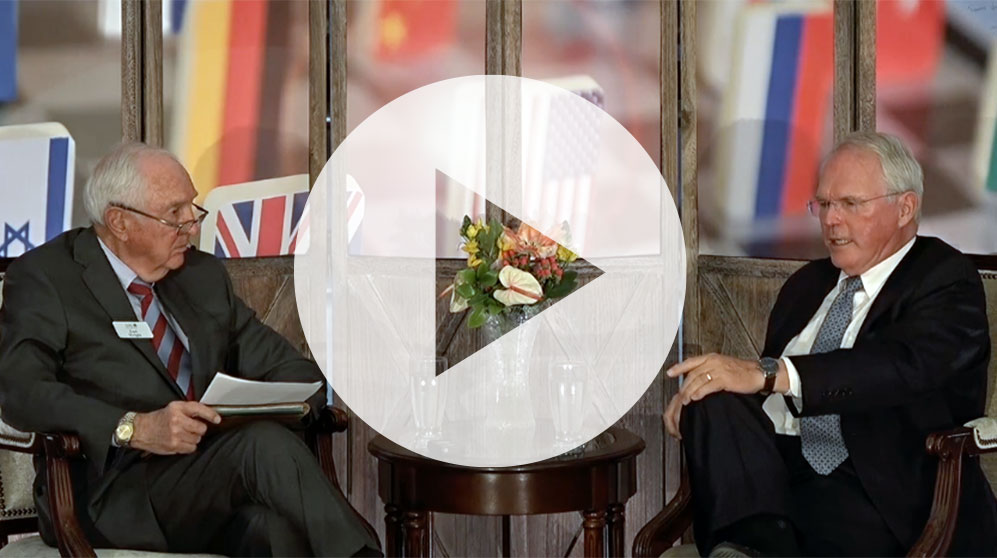As Skies Darken, Astute Investors Recognize Need for Caution
• 2 min read

Get the Latest Research & Insights
Sign up to receive an email summary of new articles posted to AMG Research & Insights.

Today’s financial uncertainty is creating volatile markets that will eventually lead to opportunity. But the trick for investors is to determine whether these darkening skies portend an economic squall or a hurricane.
Many prognosticators suggest the U.S. economy is simply heading into a squall and predict high inflation will subside into a 2 to 3% range sometime in 2023. They expect the Federal Reserve (Fed) will raise interest rates several more times this year, moving the Federal Funds Rate to around 2.25%. They envision the 10-year Treasury Rate will likely reach the 3 to 3.5% range while the S&P 500 experiences a non-recessionary bear market, losing around 20% from its peak value. They see corporate earnings continuing to grow, but more modestly; some companies with the pricing power to offset the impact of inflated costs probably will do better than traditional growth stocks.
But a growing number of experts are concerned America might be headed into a hurricane. They worry that high inflation is persistent, that the Fed didn’t act aggressively enough to tame it earlier this year, and that now there is a danger the Fed will raise interest rates too much as it plays catch up. They point to the Fed’s 0.75% rate hike this month—the largest single boost since 1994.
Inflation is at the heart of all this uncertainty, and several factors are at work pushing it to the highest level in four decades.
- The Ukraine war has lasted longer than anticipated, which has helped energy prices skyrocket—gasoline now costs an average of $5 a gallon in the United States and natural gas prices are also threatening to hit new peaks this summer.
- Grain prices are precariously high, leading to concerns of famine in some developing countries.
- Housing costs are continuing to escalate as mortgage rates increase.
- Consumer spending has exploded as Americans return to their pre-pandemic routines—dining out, traveling and shopping.
- Americans saved a record amount of money during the pandemic. This might be contributing to the current labor shortage, which is prompting employers to dramatically increase wages to entice workers.
What this all means is that investors should be patient. Remember, we are in a bear market but not necessarily a recessionary one. Let’s watch the Fed’s actions for the next few quarters, continue being cautious and be ready to pounce on opportunities if the Fed succeeds in calming inflation without creating a hurricane.
This information is for general information use only. It is not tailored to any specific situation, is not intended to be investment, tax, financial, legal, or other advice and should not be relied on as such. AMG’s opinions are subject to change without notice, and this report may not be updated to reflect changes in opinion. Forecasts, estimates, and certain other information contained herein are based on proprietary research and should not be considered investment advice or a recommendation to buy, sell or hold any particular security, strategy, or investment product.
Get the latest in Research & Insights
Sign up to receive a weekly email summary of new articles posted to AMG Research & Insights.




